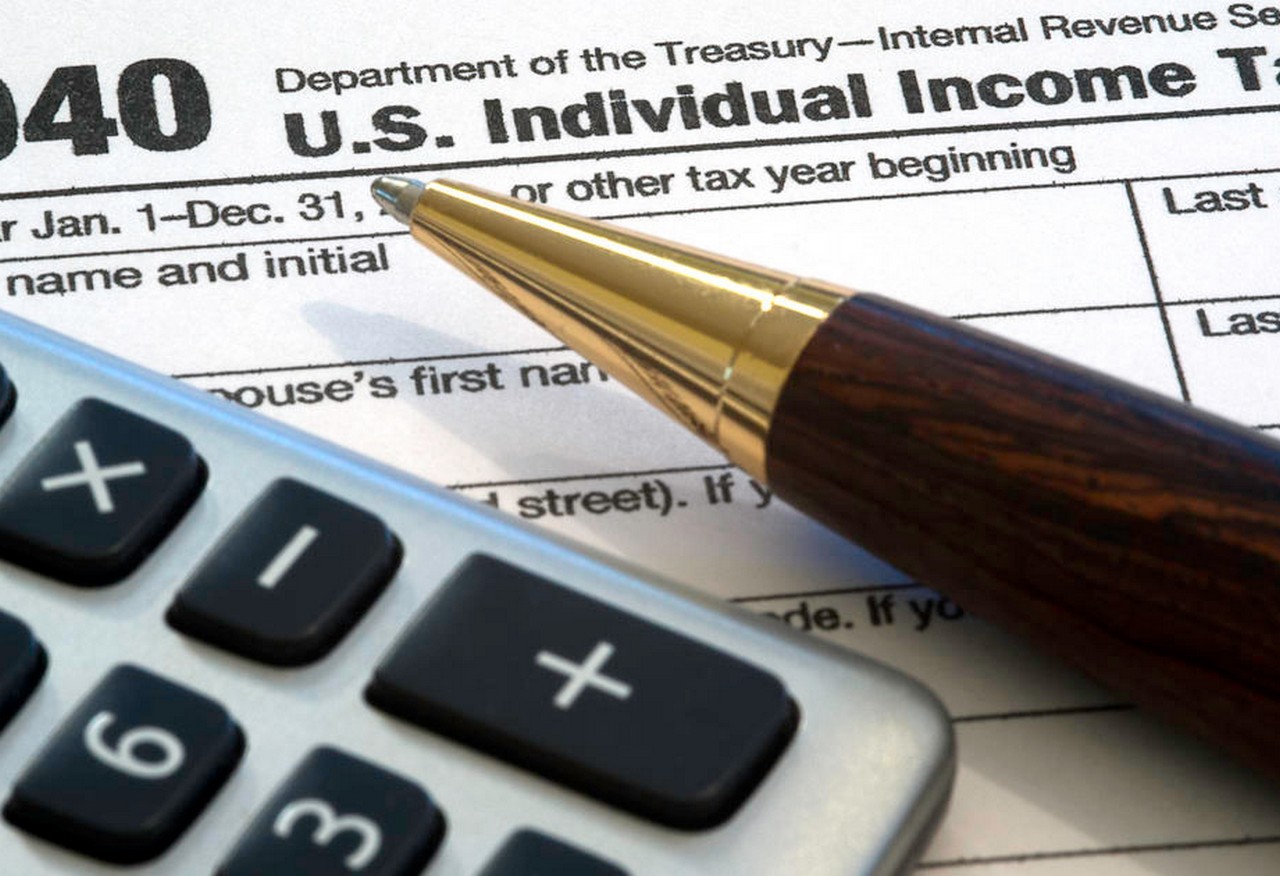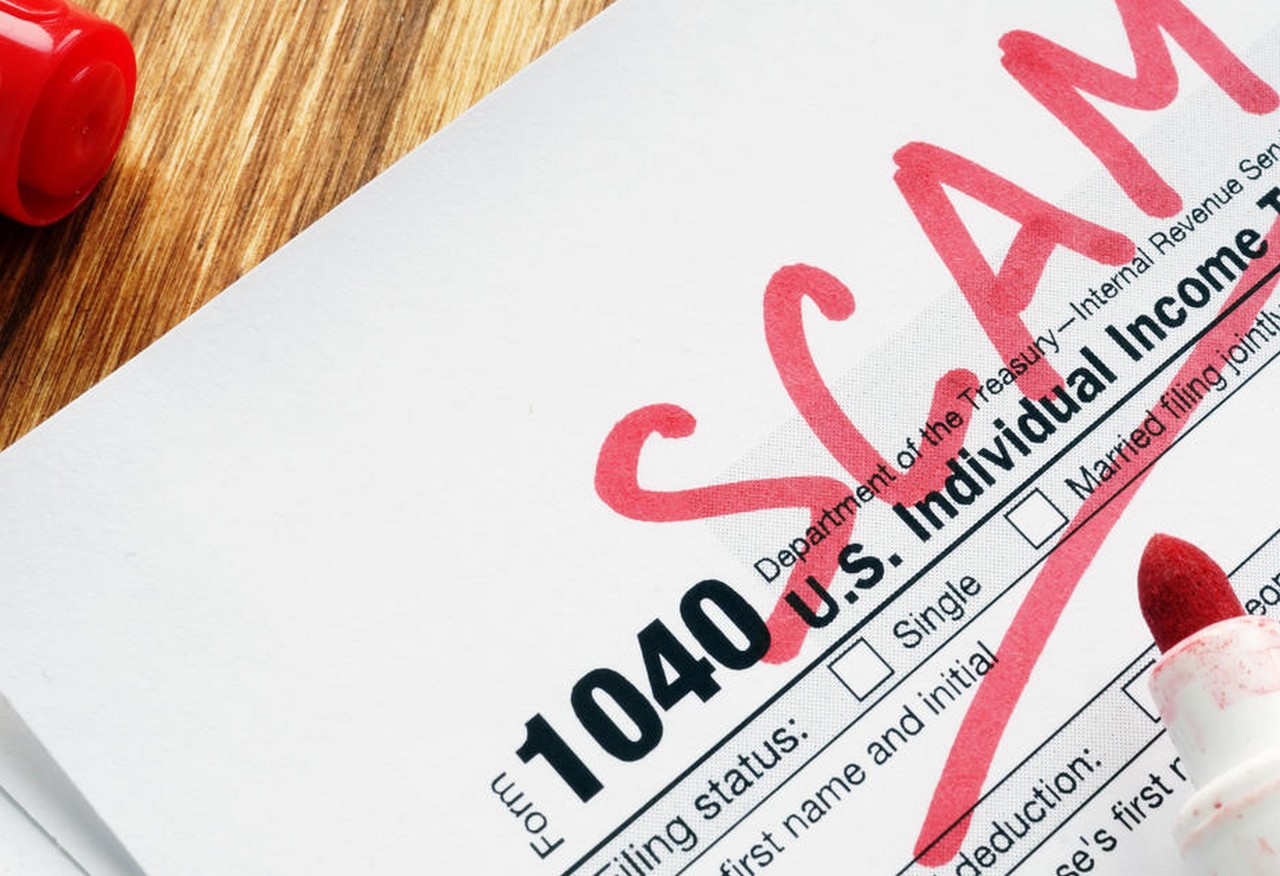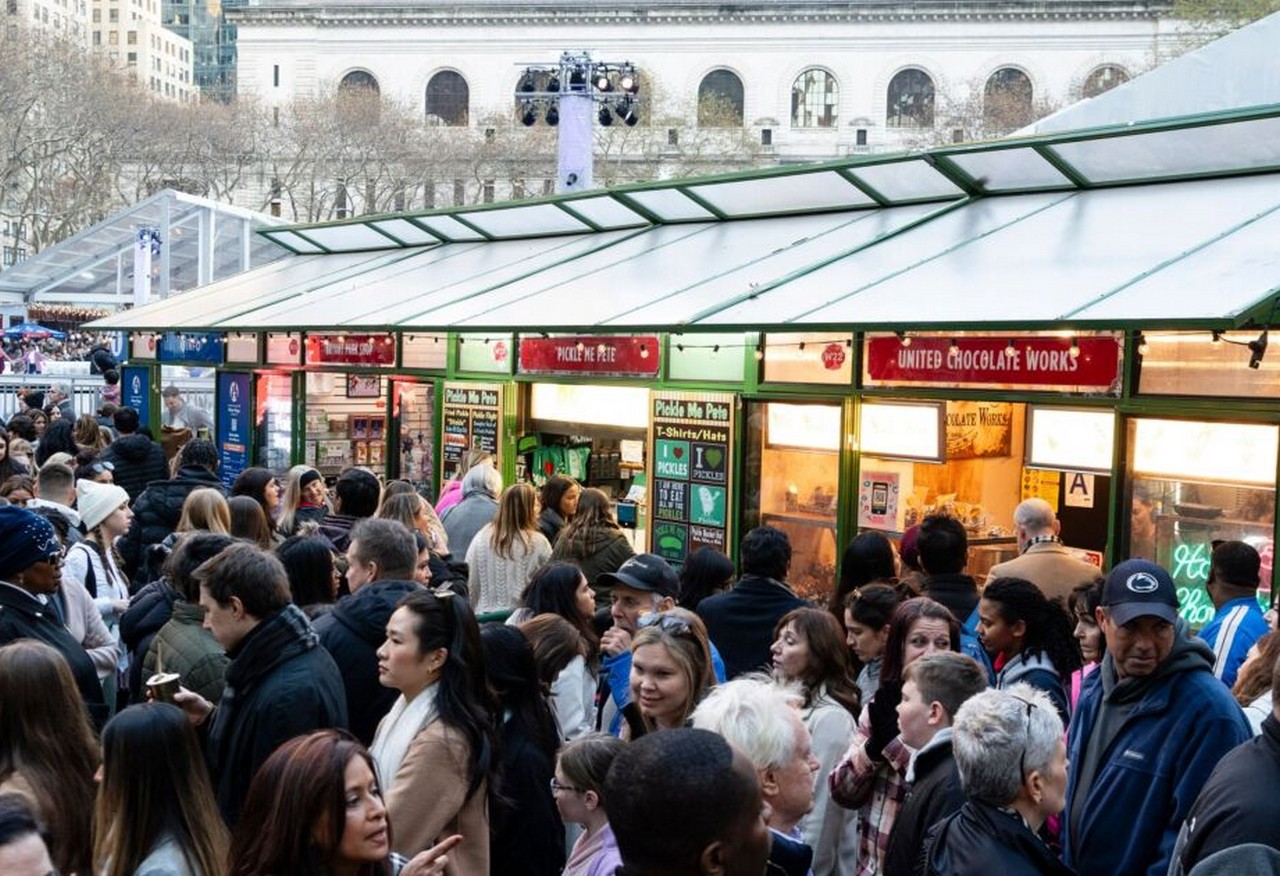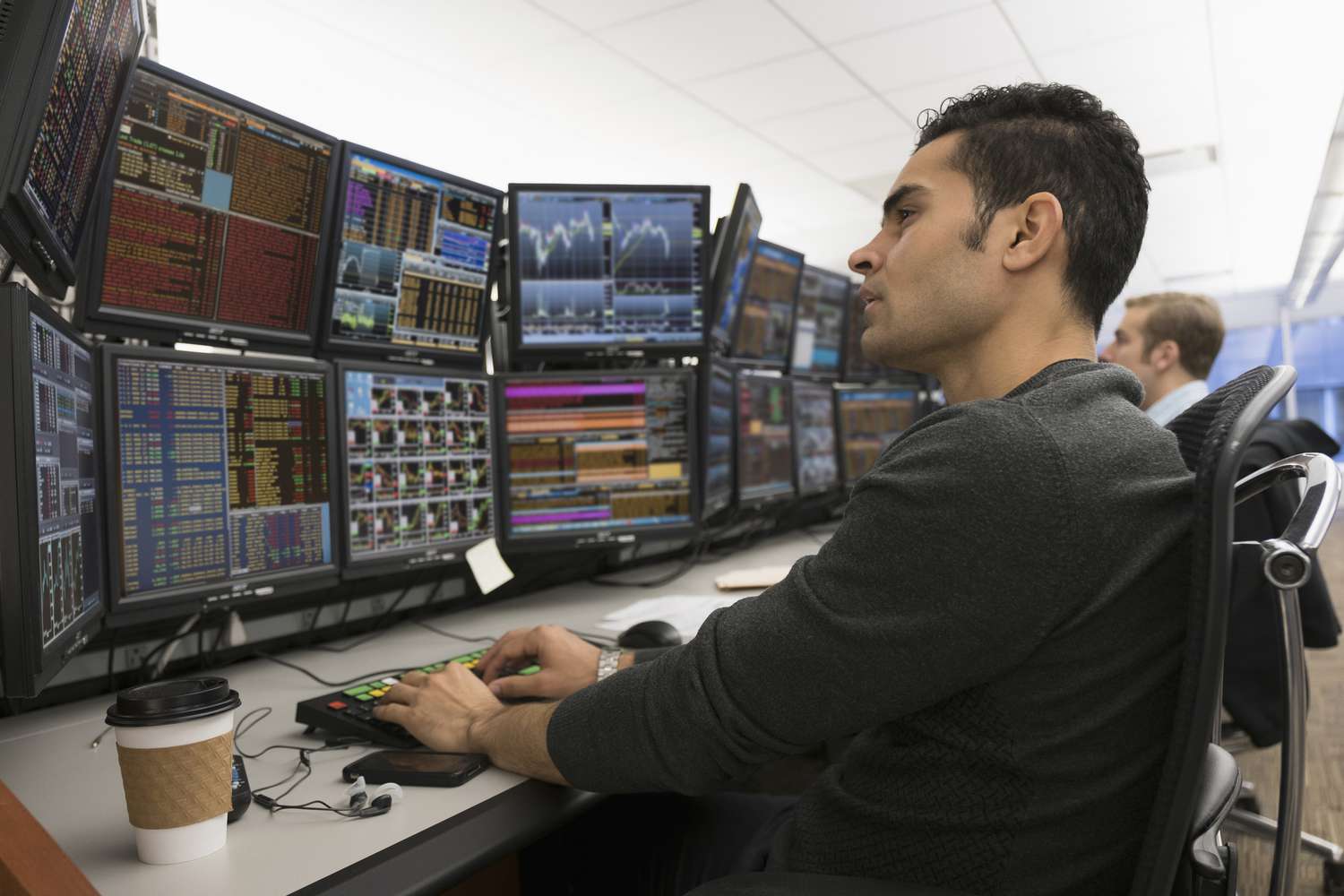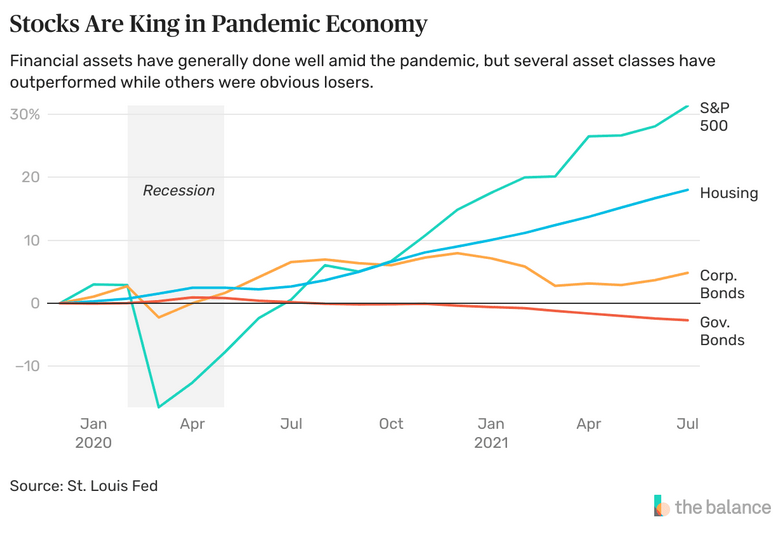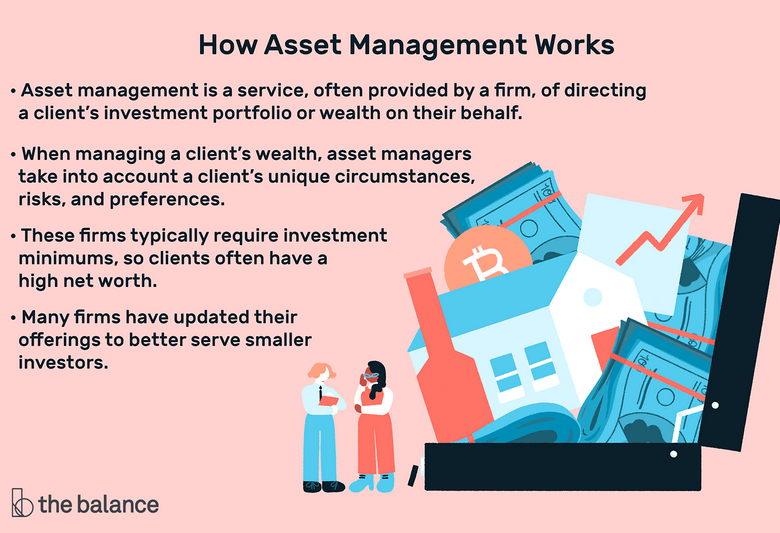Orders are the directions traders give to a broker-dealer to purchase or promote a inventory, bond, possibility, or some other traded safety. Traders who actively commerce shares, trade traded funds (ETFs), and choices have differing targets, relying on their technique, and should use completely different buying and selling mechanisms, comparable to restrict orders or market orders.
Traders use market orders once they wish to shortly purchase or promote a complete lot of shares. Alternatively, traders who wish to purchase or promote at a set value will use restrict orders. Market orders and restrict orders can even specify when to purchase, and what to do if the order can’t be stuffed.
What’s the Distinction Between a Restrict Order and a Market Order?
| Market | Restrict | |
| Objective | Time-Delicate | Value-Delicate |
| Value | Not Assured | Assured |
| Execution | Assured | Not Assured |
| Stops | Not Out there | Out there |
Objective
Market orders are directions to purchase or promote a safety instantly, on the present value. Whereas market orders for the typical investor typically execute inside seconds, the value can change from the quote given. Market circumstances can shift quickly, orders forward of yours can deplete accessible provide, information occasions, and outages can all have an effect on the value at which the market order is stuffed.
Restrict orders embrace a value, and should have a specified timeframe. Purchase restrict orders are solely stuffed at or decrease than the given value, whereas promote limits are solely stuffed on the specified value or greater.
Value
Market orders might be stuffed at any value. Nevertheless, broker-dealers should make “affordable” efforts to get the perfect phrases, a protecting requirement referred to as “greatest execution,” for his or her purchasers. The Monetary Business Regulatory Authority (FINRA) regulates how broker-dealers execute orders for his or her purchasers. In 2019, FINRA fined Robinhood $1.25 million for violation of best-execution guidelines.
Be aware
Restrict orders assure value. Traders can submit a restrict order at any time and go away it open till the value is reached. The limit-order value assure is essential in risky markets and for thinly traded securities comparable to over-the-counter (OTC) shares. Restrict orders aren’t accessible for mutual funds.
Execution
Market orders on most exchanges are assured to execute, as a result of there may be all the time a market. Exchanges such because the New York Inventory Alternate (NYSE) and Nasdaq have specialists and “market makers” who all the time stand prepared to purchase or promote any of the securities these exchanges checklist.
Restrict orders might be “marketable” or “non-marketable.” Marketable restrict orders are set at or above the present value for buys, and at or beneath for sells. Marketable restrict orders are executed instantly, like market orders. Non-marketable restrict orders are exterior the present value vary. They normally are despatched to a wholesaler or to the trade for execution.
Stops
Stops are a set off to submit an order. A “purchase cease” is triggered when the market value is at or above the present market value; “promote stops” are activated at or beneath the present market value. A buy-stop restrict order is submitted when the cease value is reached, and stuffed if the market value stays beneath the restrict. A sell-stop restrict is submitted when the cease value is reached and stuffed if the value stays above the restrict.
Which Is Proper for You?
When you’ve simply began investing, it’s extra essential to know when market orders is probably not a good selection.
Risky Markets
Market costs can swing dramatically through the course of a buying and selling day. For instance, Superior Micro Gadgets rose 9% on Nov. 8, 2021, then fell 3.3% the next day. The Cboe Volatility Index (VIX), which tracks the U.S. inventory market through the anticipated volatility of the Normal & Poor’s (S&P) 500 Index by way of name and put choices, is healthier often known as the “worry index.”
Over-the-Counter (OTC)
Over-the-counter shares don’t commerce on any of the massive nationwide exchanges just like the NYSE or Nasdaq. They’re normally small corporations, or “microcaps.” Their quotes and the ultimate gross sales costs might be considerably completely different as a result of there is probably not an lively marketplace for the inventory.
Low-Liquidity Alternate Traded Funds (ETFs)
ETFs are a basket of shares or bonds that may be traded on the nationwide exchanges, or in some instances, over-the-counter. Some ETFs have uncommon methods or holdings, which can make them troublesome to promote. Like microcaps, the ultimate gross sales costs might be very completely different from the quote.
Be aware
In case you have selected an lively technique of shopping for and promoting shares, restrict and cease restrict orders may also help you handle your portfolio.
You’ll be able to resolve in your purchase or promote value (entry and exit factors) and enter the order as “Good-Til-Canceled (GTC),” during which case the order will stay open till the market catches up together with your value.
The Backside Line
Except you specify in any other case, your purchase/promote order might be submitted as a market order. Market orders typically execute instantly, and are stuffed on the market value. Velocity is the principle consideration when selecting a market order. Restrict orders and cease restrict orders solely execute when the market reaches the required restrict and/or cease value. For a lot of traders, restrict orders may also help handle their lively buying and selling by automating their buys and sells in keeping with desired costs.


